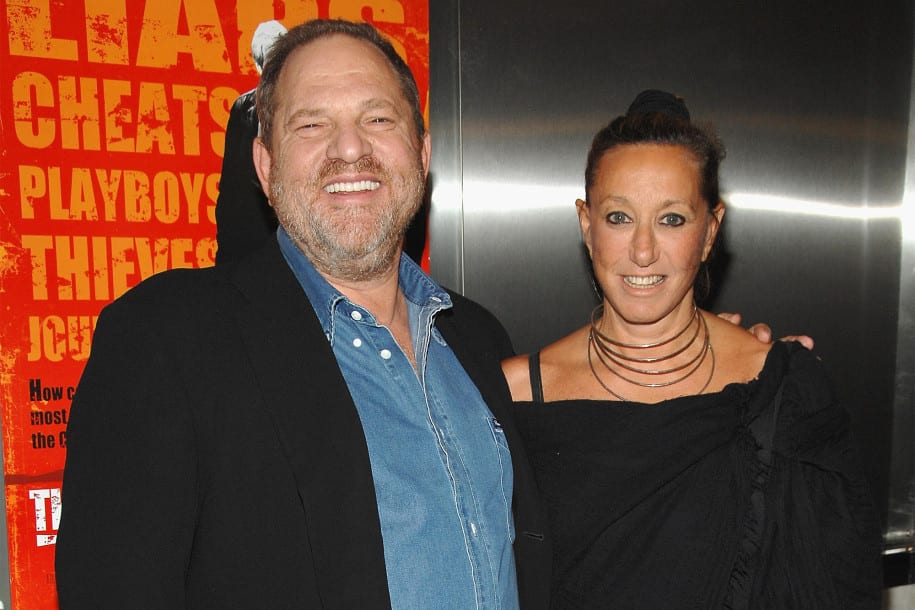In the world of 24/7 news coverage propelled by constant social media updates, it takes a lot for a headline to surprise me these days.
But recent comments from Donna Karan, a prominent female fashion designer, that the women victimized by Hollywood producer Harvey Weinstein’s sexual advances, harassment and assaults were somehow asking for it by how they present themselves both surprised and angered me.
In an explosive report by the New York Times last week, documents written by and interviews with actresses, assistants and other women trying to make it in Hollywood over many years revealed that Weinstein used his prominent and powerful position in the entertainment industry to take advantage of them and put them in inappropriate scenarios, often inviting them to his hotel room for what they believed to be a business meeting, which quickly turned into something vastly different.
After the report Weinstein was fired from the production and distribution company he co-founded, Weinstein Company. Subsequent allegations of sexual harassment against Weinstein have been made by famous actresses like Gwyneth Paltrow and Angelina Jolie.
“I think we have to look at ourselves,” Karan said in an interview on Sunday. “Obviously, the treatment of women all over the world is something that has always had to be identified. Certainly in the country of Haiti where I work, in Africa, in the developing world, it’s been a hard time for women.
“To see it here in our own country is very difficult, but I also think how do we display ourselves? How do we present ourselves as women,” Karan said to the Daily Mail. “What are we asking? Are we asking for it by presenting all the sensuality and all the sexuality?”
From reading those comments, my first impression was that she was implying that a woman was asking for sexual harassment and advances by wearing tight clothing or something revealing. Although I’ve heard this baseless argument before, it’s especially frustrating to hear it coming from a woman.
To imply that victims of sexual harassment or assaults in any instances brought it upon themselves by how they present themselves does nothing but make it more difficult for women, or in some cases men, to speak up when they’re usually already afraid to say something.
When I saw the comments, it brought me back to an encounter I had with a woman several years ago. I was in the elevator of Mohegan Sun with two of my friends after leaving the casino’s nightclub.
We were all wearing form-fitting dresses, and the woman standing alone with us in the elevator thought it would be OK to say something under her breath like, maybe if you didn’t wear something like that, you might actually have a chance to meet someone tonight, implying that we wouldn’t meet any “nice guys” the way we were dressed.
I don’t remember her exact words. What I do remember is that my temper immediately flared that someone, especially another woman, would make a snap judgment about me and my friends, and insinuate that there was anything wrong with the way we were dressed or that we were dressing up with the purpose of trying to meet someone in the first place, which we weren’t.
What got me especially angry is that we weren’t doing anything wrong, and although it probably wasn’t the best way to handle the situation, I said something confrontational to her, which prompted her to say something insulting to me in particular.
Karan’s comments, of course, are much more offensive considering the context that she was responding to. She later tried to walk back her comments with an apology, but it’s a little difficult for me to believe those quotes don’t represent how she truly feels. What it makes me think though is that this theme of judging women by what they wear needs to stop.
In no way is a woman consenting to any unwanted advances or asking for it by the way she dresses. As one tweet highlighted in the CNN article says: “It doesn’t matter how the women ‘presented’ themselves. They didn’t give consent. Sincerely, human decency.”

